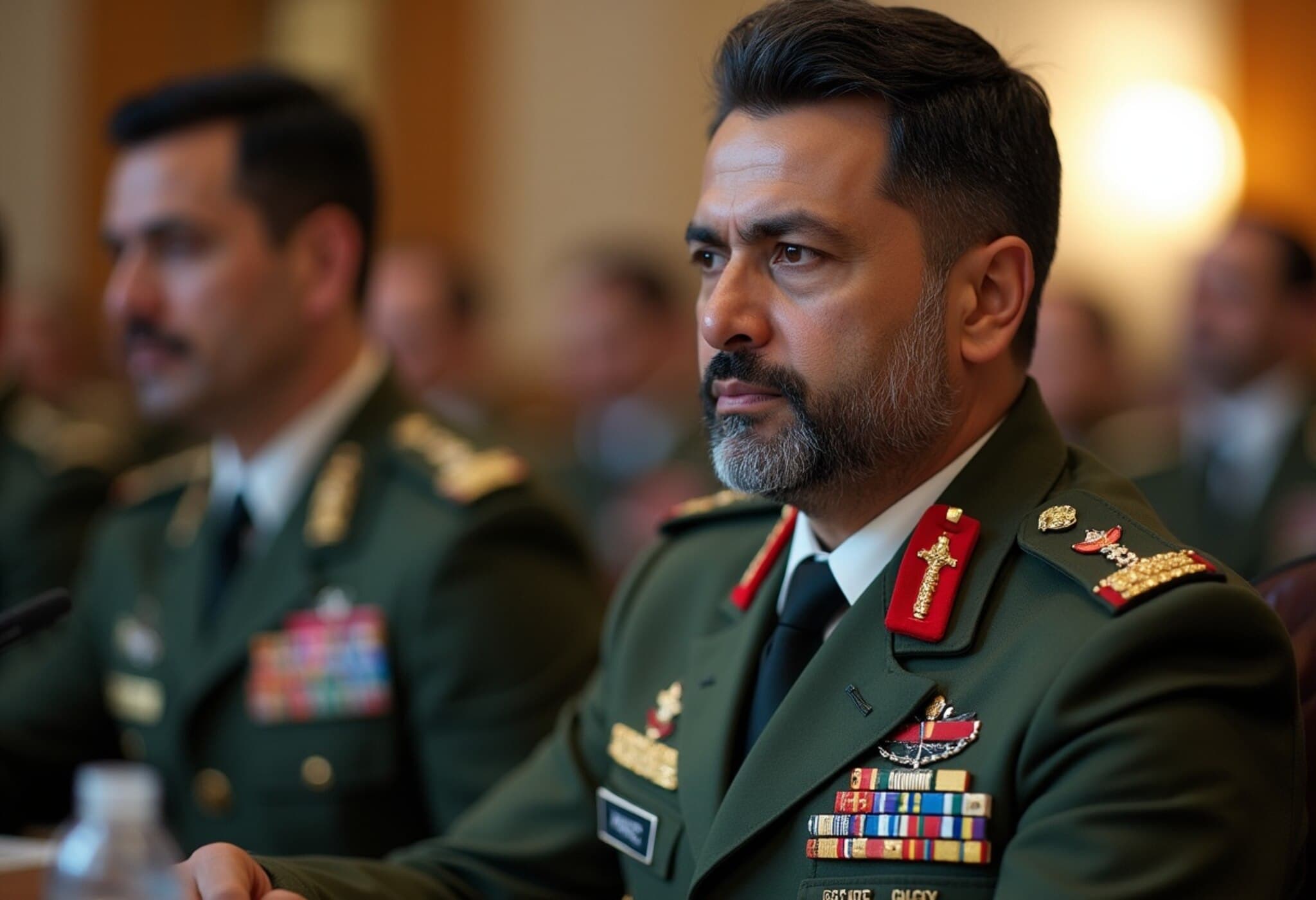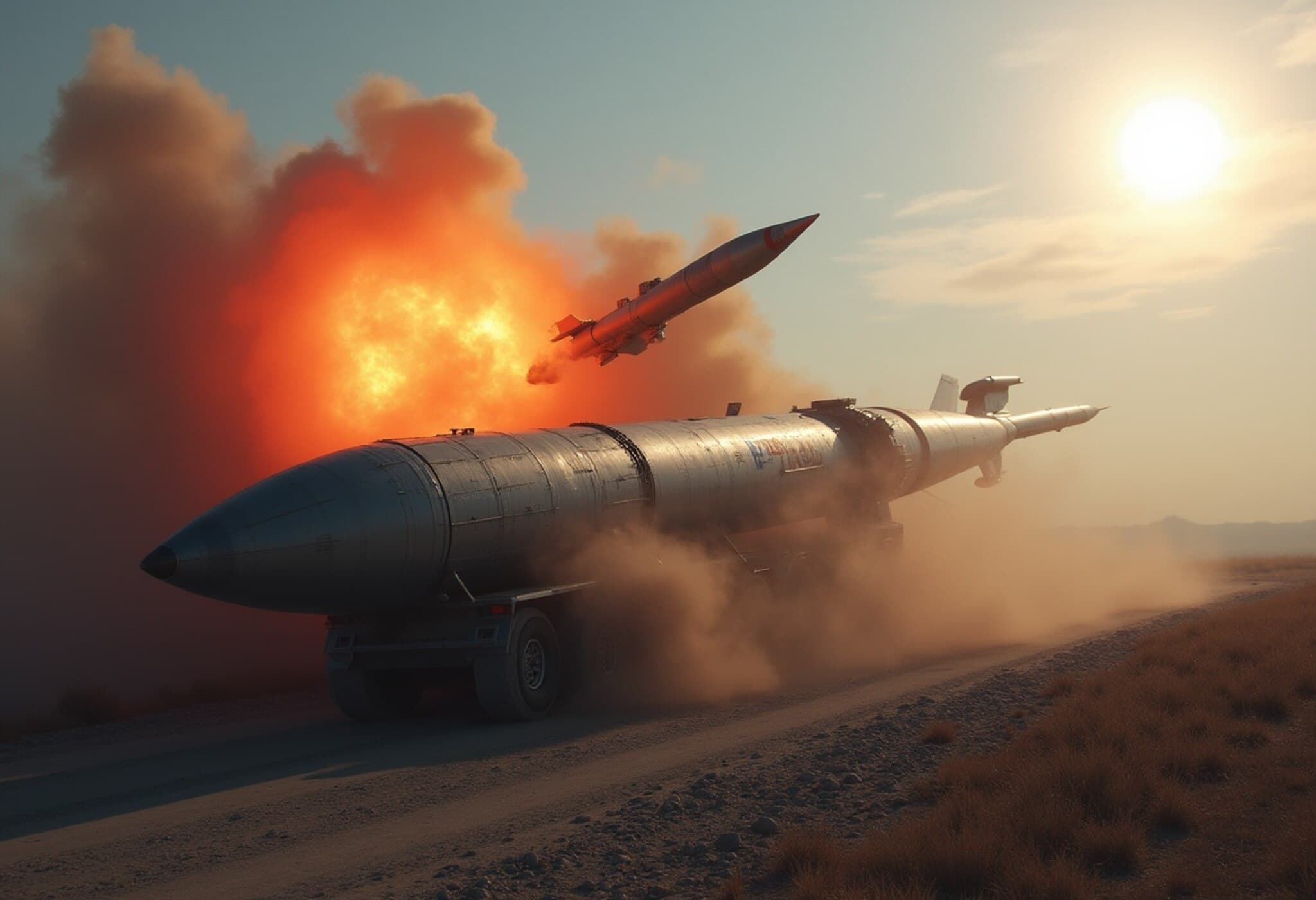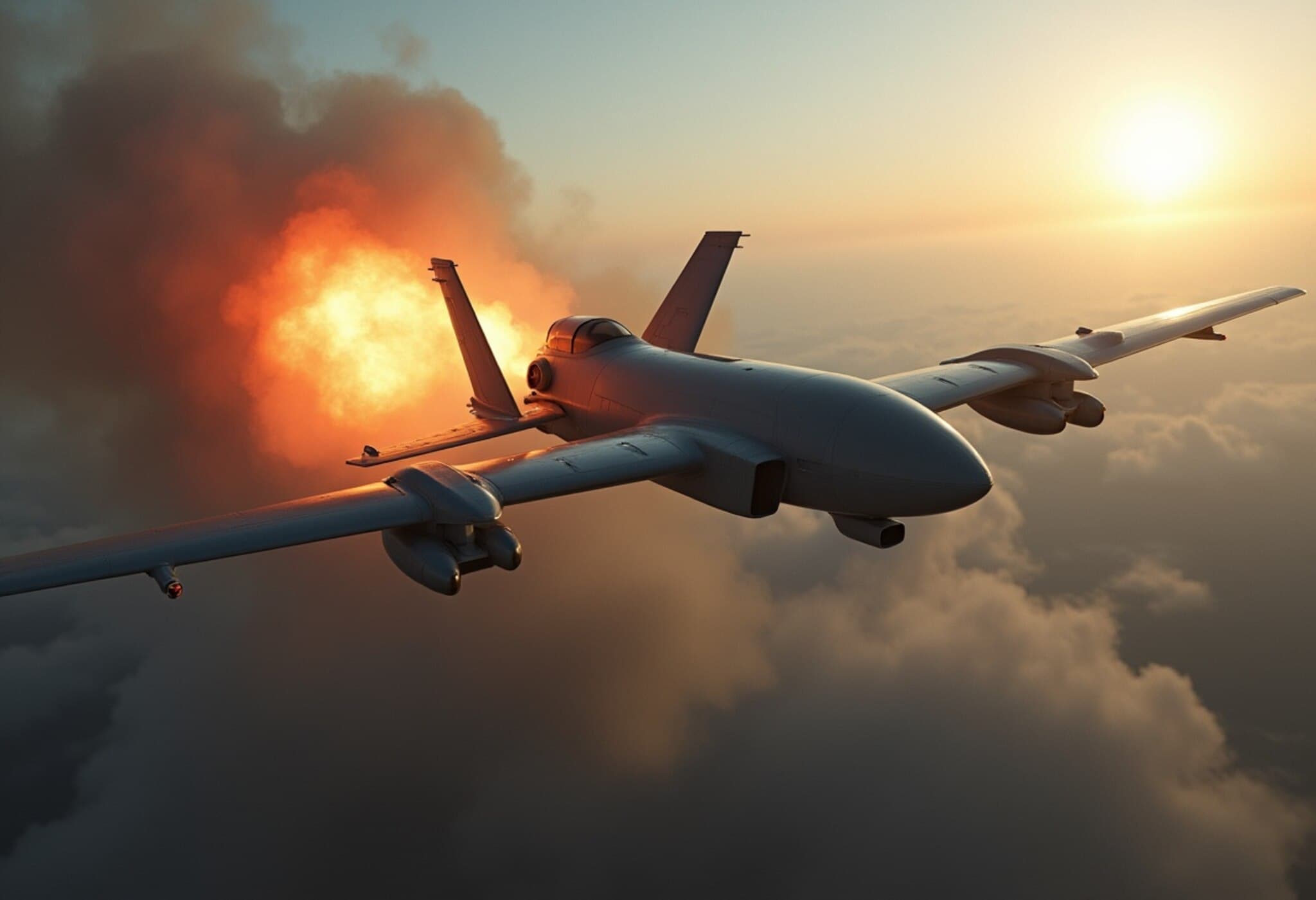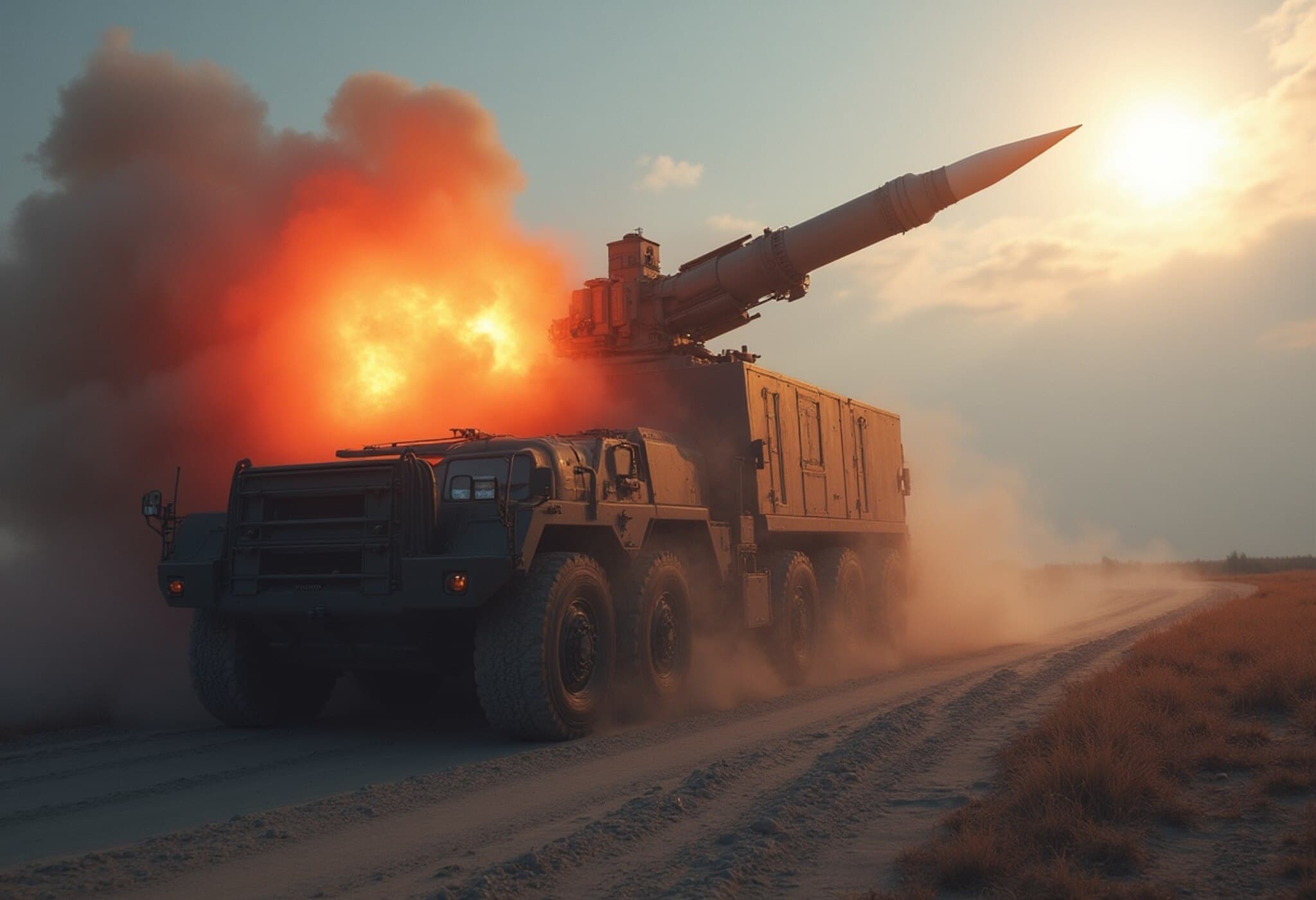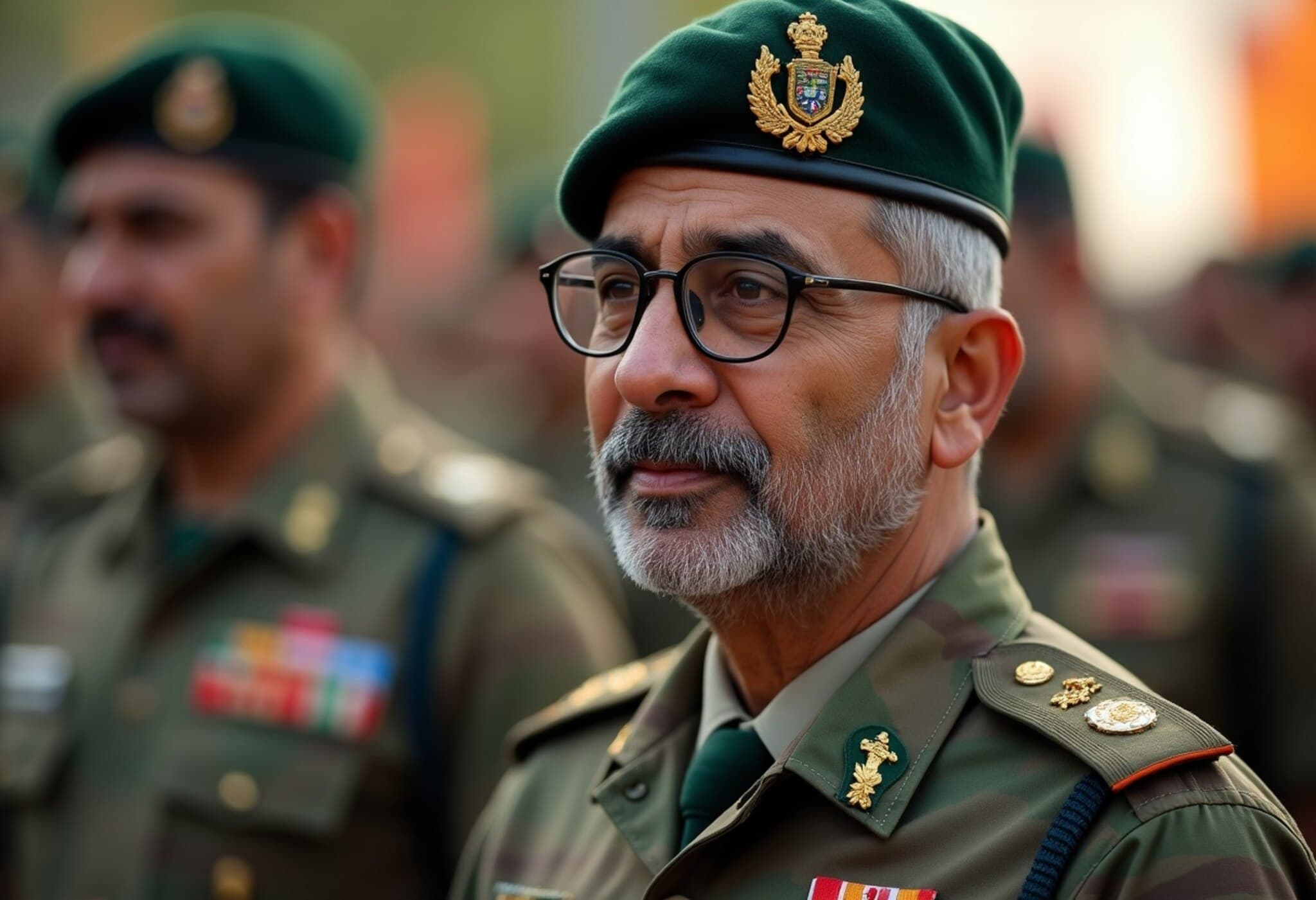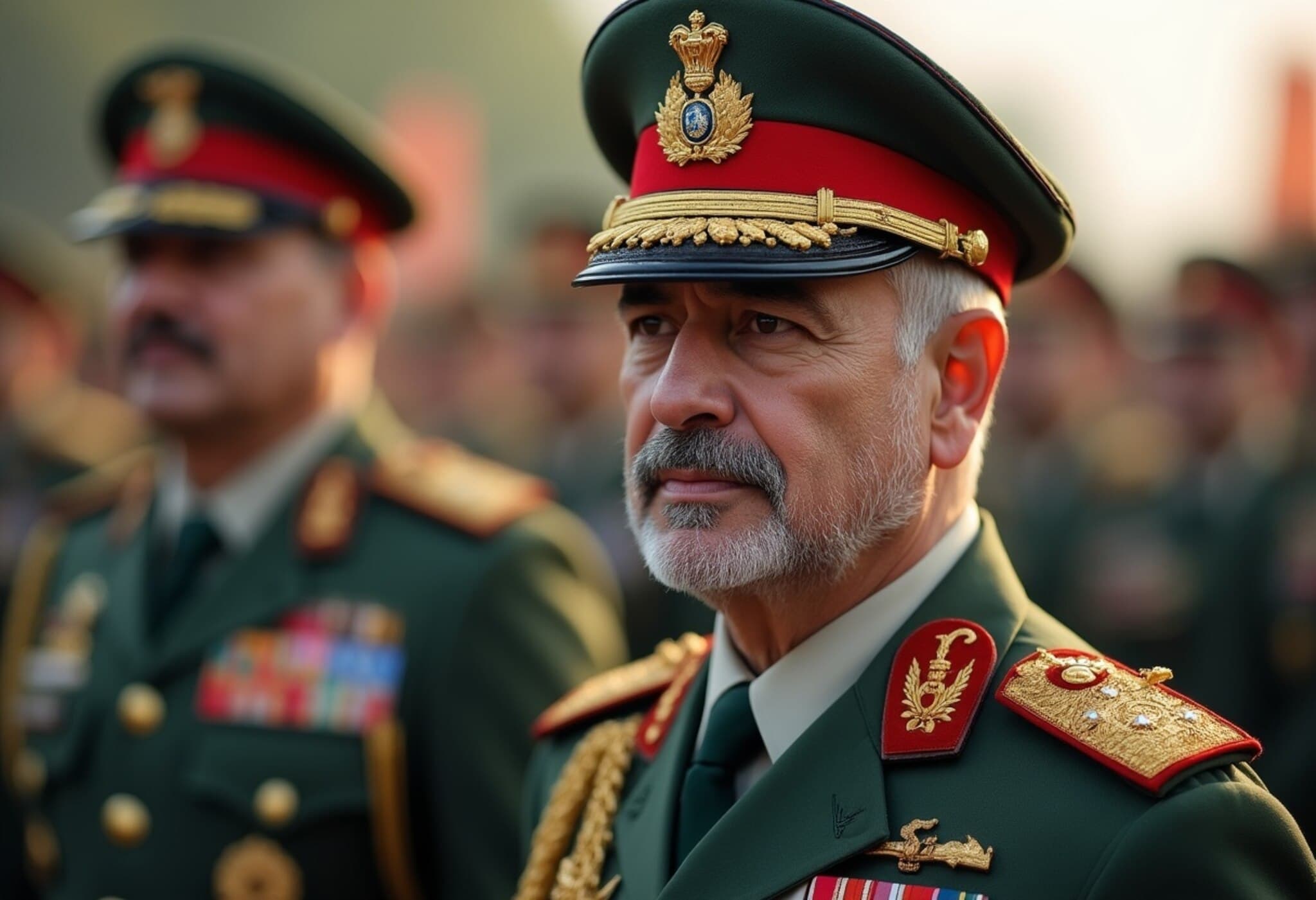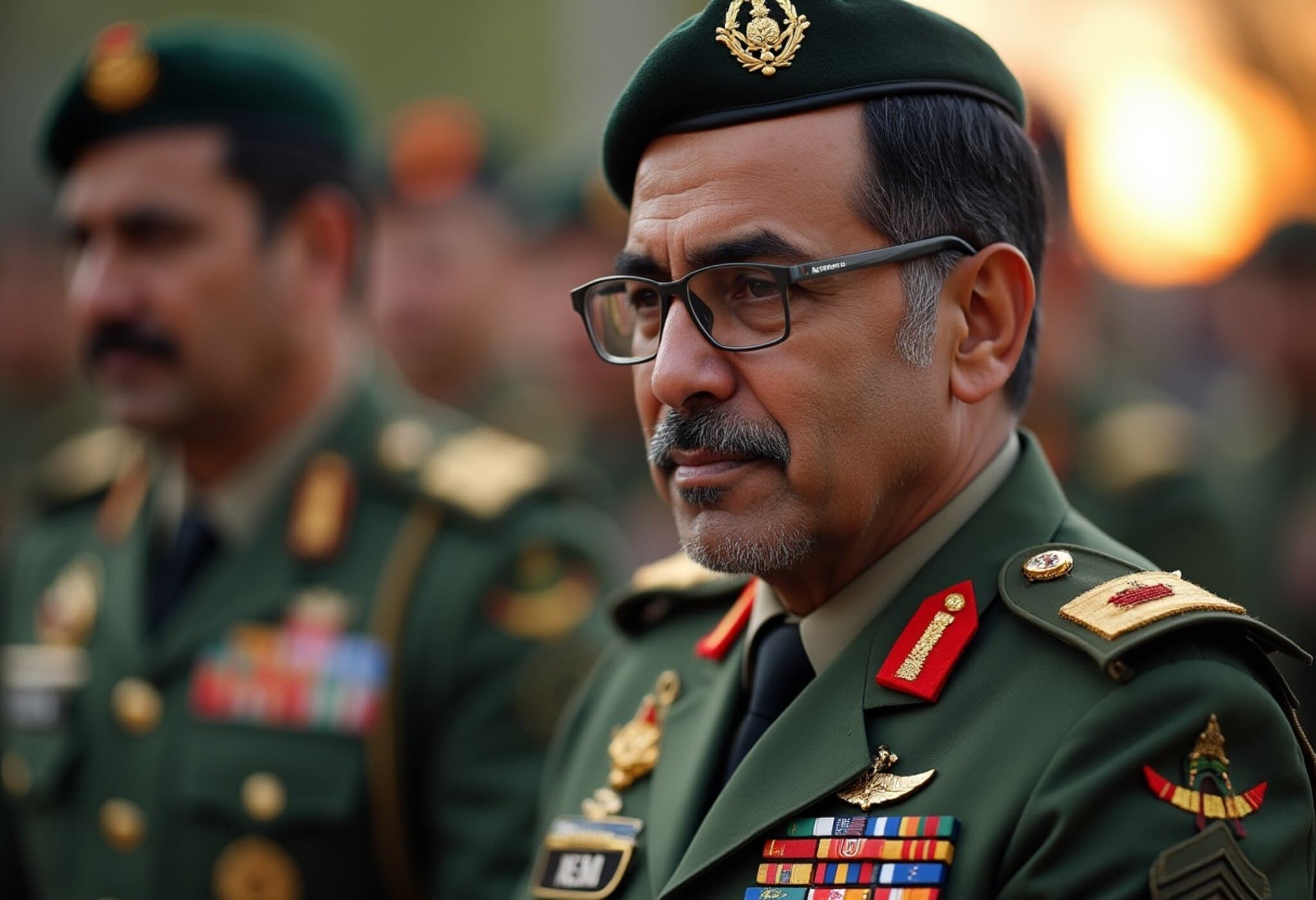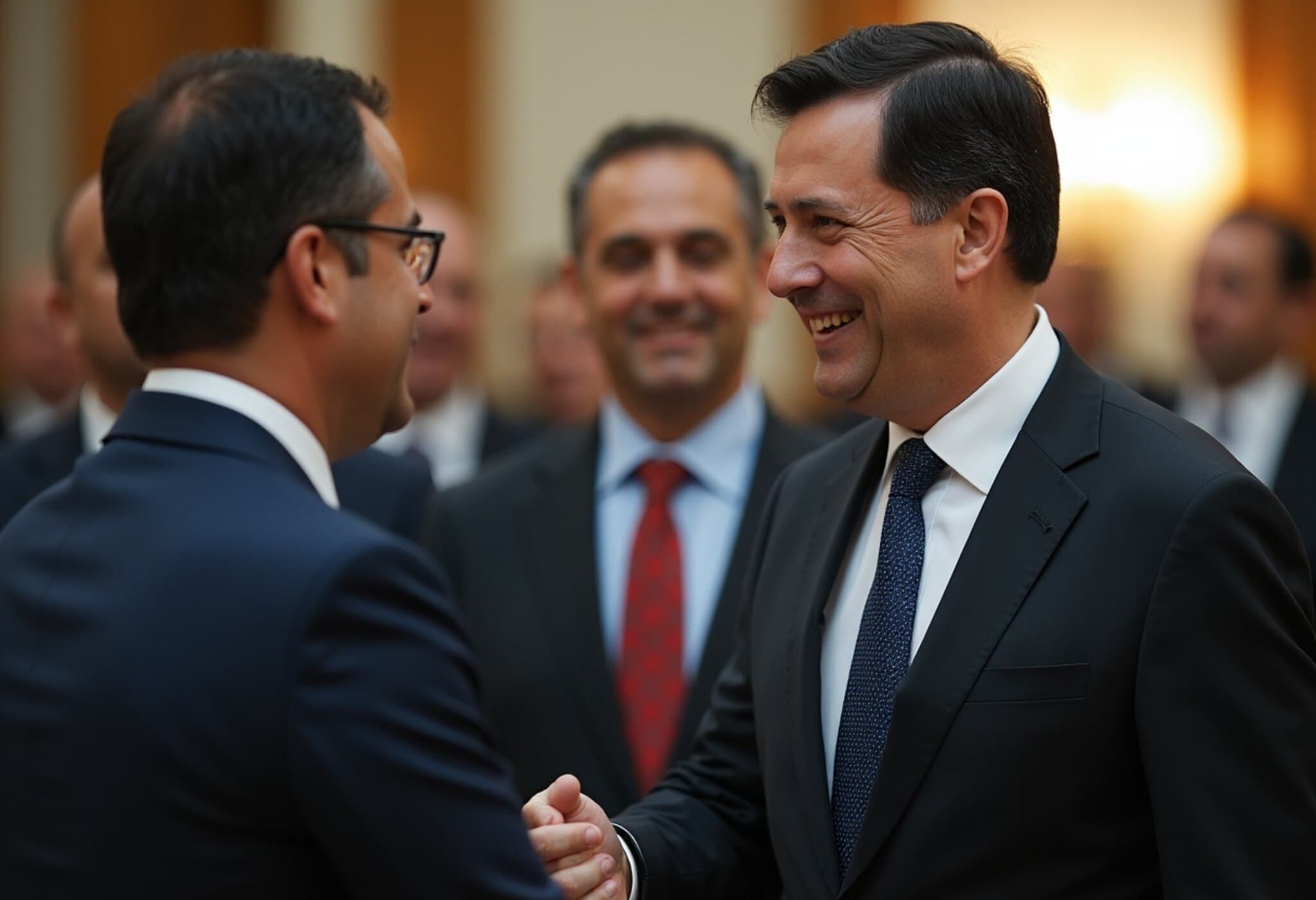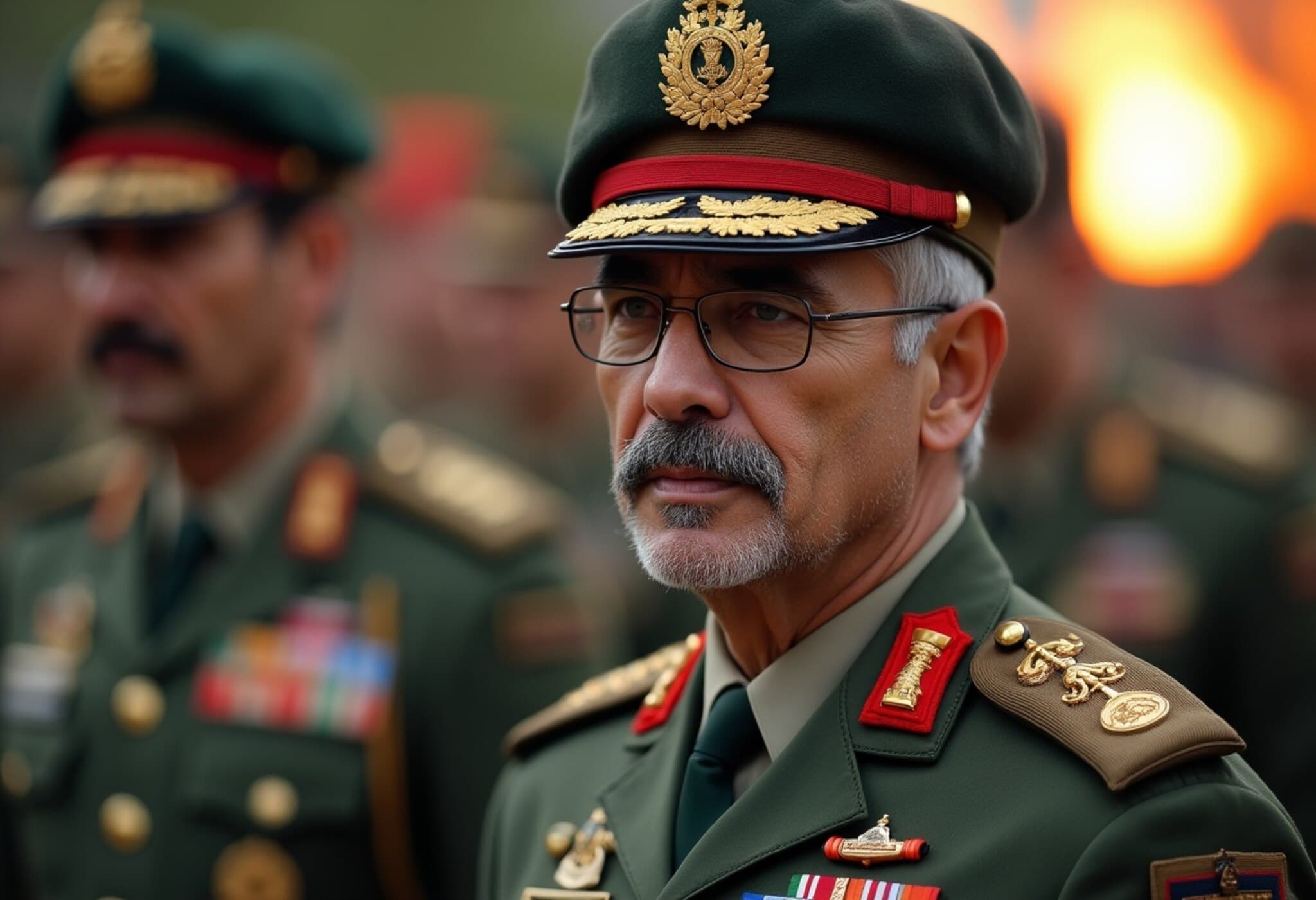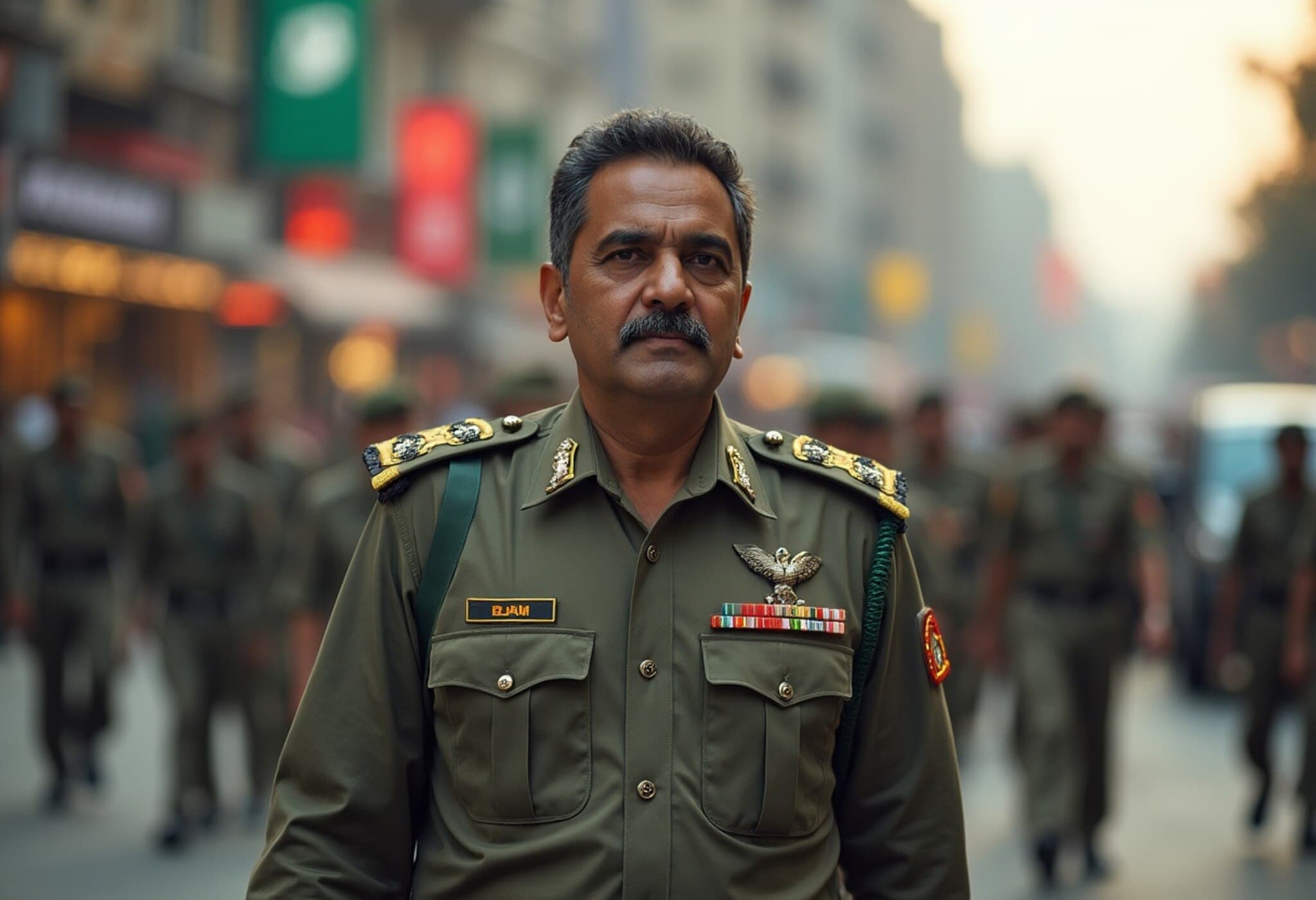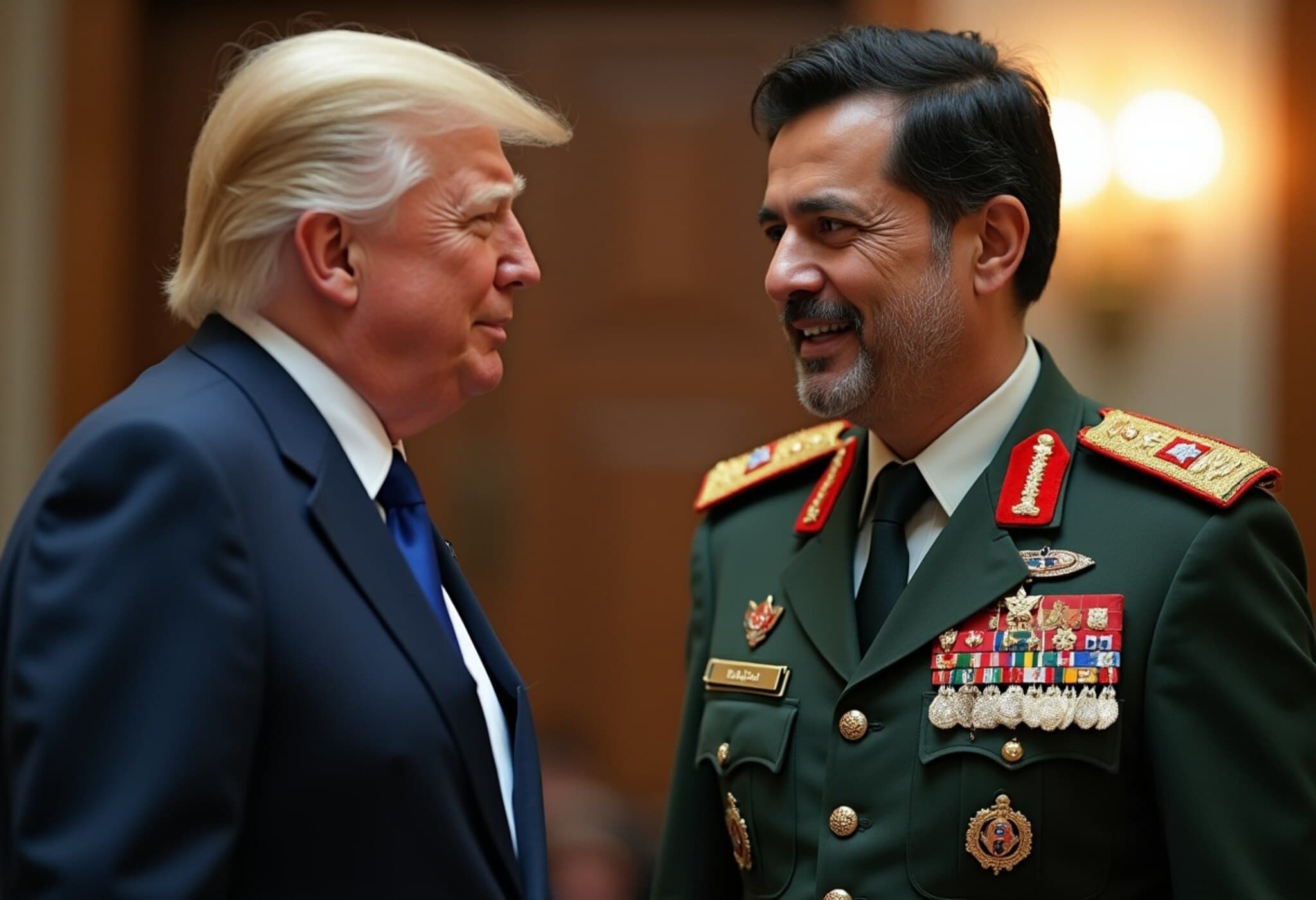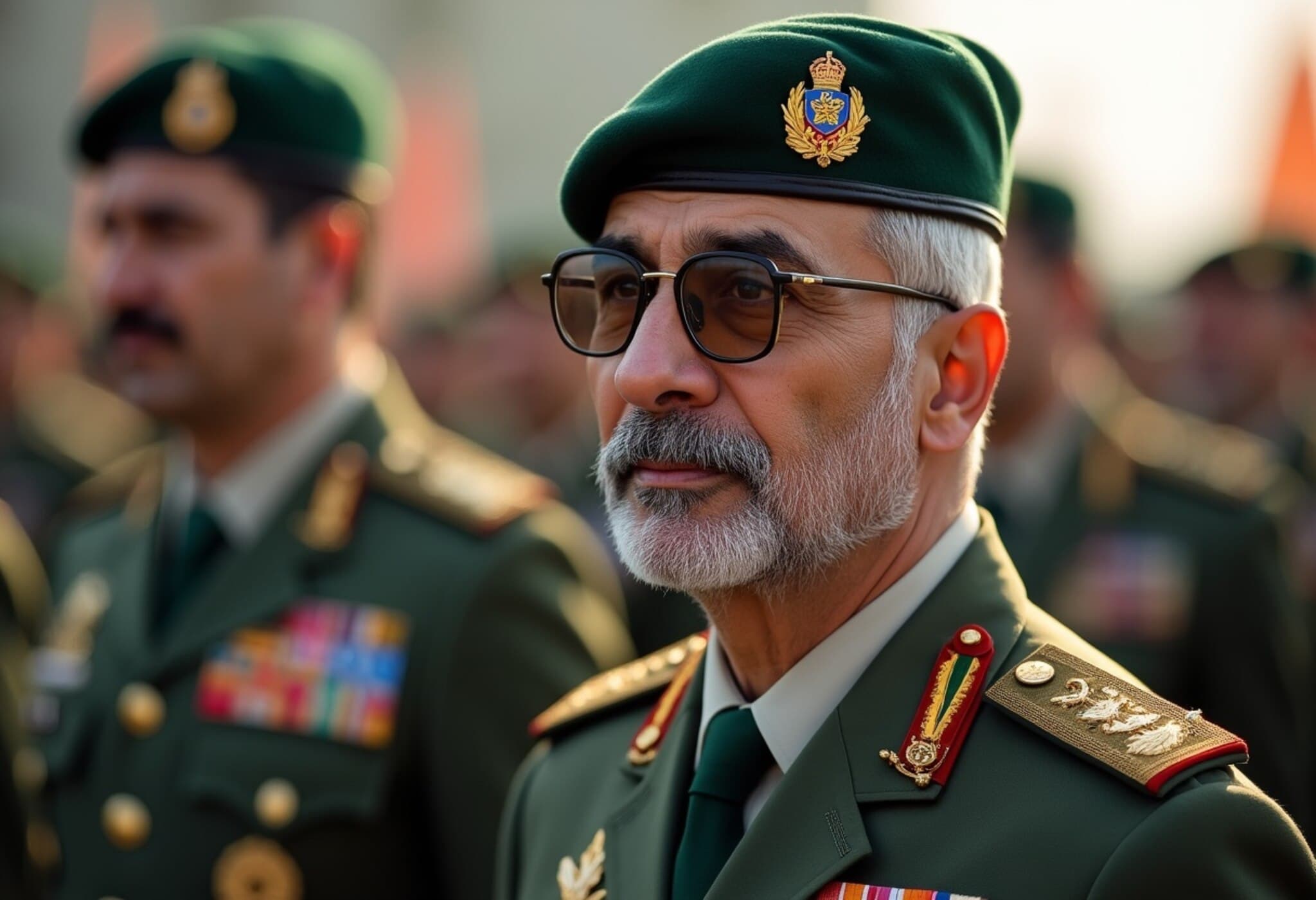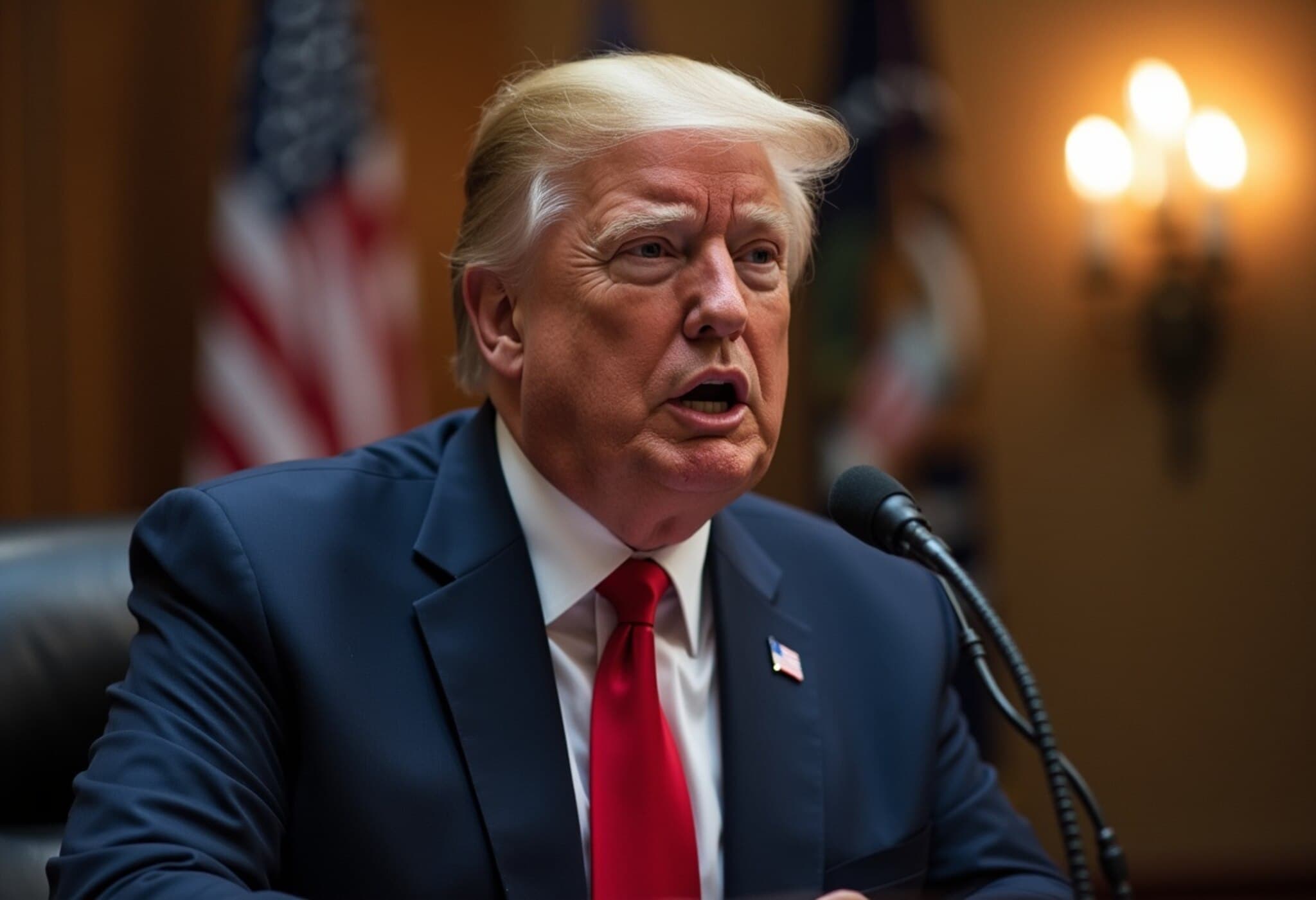Pakistan Army Chief Asim Munir's Strategic Visit to the United States
General Asim Munir, the Chief of Army Staff (COAS) of Pakistan, is currently undertaking his second official visit to the United States in 2025, following closely on the heels of a recent four-day military conflict involving India. This high-profile trip underscores Islamabad’s efforts to consolidate and enhance diplomatic and military ties with Washington during a period of increasing geopolitical volatility in South Asia.
Key Meetings and Diplomatic Engagements
During his stay in Washington, General Munir engaged in extensive talks with senior US political and military officials. According to an official Pakistan Army statement, Munir met with top figures, including the newly appointed Commander of the US Central Command (CENTCOM), Admiral Brad Cooper, and the outgoing CENTCOM Commander General Michael E. Kurilla, attending both the retirement and change of command ceremonies held in Tampa, Florida.
Munir publicly praised General Kurilla’s leadership, highlighting his pivotal role in strengthening US-Pakistan military cooperation. He also expressed optimism about developing robust collaborative frameworks under Admiral Cooper’s command to address shared security challenges pertinent to the region, notably counterterrorism and regional stability.
Broader Military Diplomacy
Beyond the CENTCOM leadership, General Munir held talks with Chairman of the Joint Chiefs of Staff, General Dan Caine, exchanging perspectives on mutual strategic interests. Munir extended a formal invitation to General Caine to visit Pakistan, indicating Pakistan’s willingness to deepen bilateral military dialogue.
In addition to US counterparts, Munir connected with chiefs of defense from allied and friendly countries during his visit, further solidifying Pakistan’s defense outreach on the international stage.
Engaging the Pakistani Diaspora: A Critical Soft Power Move
One of the less-highlighted but significant aspects of this visit was Munir’s interactive engagement with the Pakistani diaspora community in the US. He encouraged the expatriate community to maintain confidence in Pakistan’s economic potential and contribute towards fostering foreign investment. The diaspora reaffirmed their commitment to support Pakistan’s developmental objectives, reflecting a strategic effort by the military leadership to harness soft power and economic diplomacy.
Contextualizing the Visit: Why It Matters
- Rebuilding trust post-conflict: Coming soon after the recent India-Pakistan skirmishes, the visit signals Islamabad’s priority to reassure Washington of Pakistan’s commitment to regional peace and stability.
- Counterterrorism collaboration: US military leadership has publicly acknowledged Pakistan as a “phenomenal partner” in counterterrorism, underscoring the continued strategic alignment in this sensitive domain.
- US-Pakistan economic ties: Earlier meetings, including Munir’s June visit where he attended a rare private luncheon with former President Donald Trump, laid the groundwork for enhanced economic cooperation, notably in energy sectors such as oil deals, which remain crucial for Pakistan’s energy security.
Expert Analysis: Navigating Complex Bilateral Relations
Dr. Nadia Ahmed, a South Asia security expert at Georgetown University, observes, "General Munir’s visit comes at a delicate time when both Pakistan and the US are recalibrating their relations amidst shifting regional alliances and security concerns. This trip is as much about military-to-military dialogues as it is about projecting Pakistan's intent for stability and economic recovery." She adds that engaging the diaspora is a smart move to build long-term support networks in the US, unlike traditional diplomatic channels.
What Remains Unanswered?
While official statements have been forthcoming on the ceremonial aspects and general topics discussed, specific details regarding the duration of General Munir's stay, security cooperation agreements, or tangible deliverables from this visit remain sparse. Analysts also wonder how Washington balances its nuanced position between India and Pakistan given the recent border conflict. Moreover, the success of Munir’s outreach to the diaspora in translating into concrete investments is an evolving story worth watching.
Looking Ahead: The Road to Regional Stability
Munir’s visit highlights Pakistan’s strategic approach to maintaining dialogue with the US amid ongoing challenges, including its delicate relationship with neighboring India and internal socio-economic upheavals. With global attention pivoting increasingly towards the Indo-Pacific, sustained military and diplomatic exchanges like these are instrumental in shaping not only bilateral relations but also broader regional dynamics.
Editor’s Note
General Asim Munir's latest visit to the United States is emblematic of the intricate dance of diplomacy and defense cooperation that’s vital to South Asia’s stability. As the international community watches, the key question remains: how will this visit translate into tangible progress on peace and development for Pakistan? Engaging both military counterparts and the diaspora, Munir’s approach blends hard power with soft influence—offering a multi-dimensional path forward in a region where each move carries significant weight.

